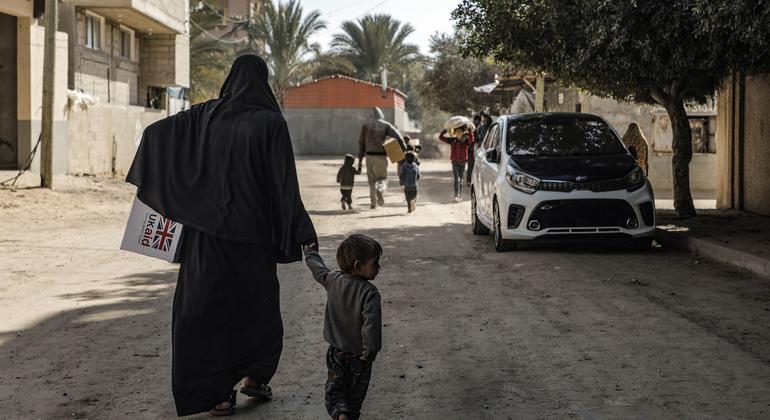They looked at 384 children with high-risk cancers over a two year period.
Of these children, 256 received the targeted treatments based on the recently developed DNA targeted treatment, known as precision-guided treatment (PGT).
The treatment works by first doing a genomic sequencing of the child’s tumour, then using these results to develop targeted anti-cancer therapies which select for the molecular drivers of a patient’s cancer.
More than one third of the children (36 per cent) responded to the precision-guided treatment.
Two years after treatment commenced, just over a quarter (26 per cent) of the children who had the precision-guided treatment had survived with no progression in their cancer.
For children who received standard care, that figure was 12 per cent, while for children who received targeted drugs not guided by the genetic results it was just 5.2 per cent.
The children who received the DNA treatment earliest in their disease progression fared the best.
The researchers say the results demonstrate the vital role genetic sequencing can play in helping to improve cancer survival rates.
“Our comparison of PGT and UGT (unguided treatment) found a significantly inferior outcome for UGT, which emphasises the critical role of molecular analysis in guiding therapeutic decision-making,” they wrote in Nature Medicine.
They hope that their findings will increase patients’ and doctors’ confidence in these new technologies, as take-up of the revolutionary technique has so far remained low, at around 10 to 33 per cent.


















![Ep266: [Lean Series] How to Plan a Responsible Fat Loss Phase Ep266: [Lean Series] How to Plan a Responsible Fat Loss Phase](https://carrotsncake.com/wp-content/uploads/2024/06/Carrots-N-Cake-VIP-Nutrition-Coaching-768x1040.jpeg)
.jpg)

Discussion about this post